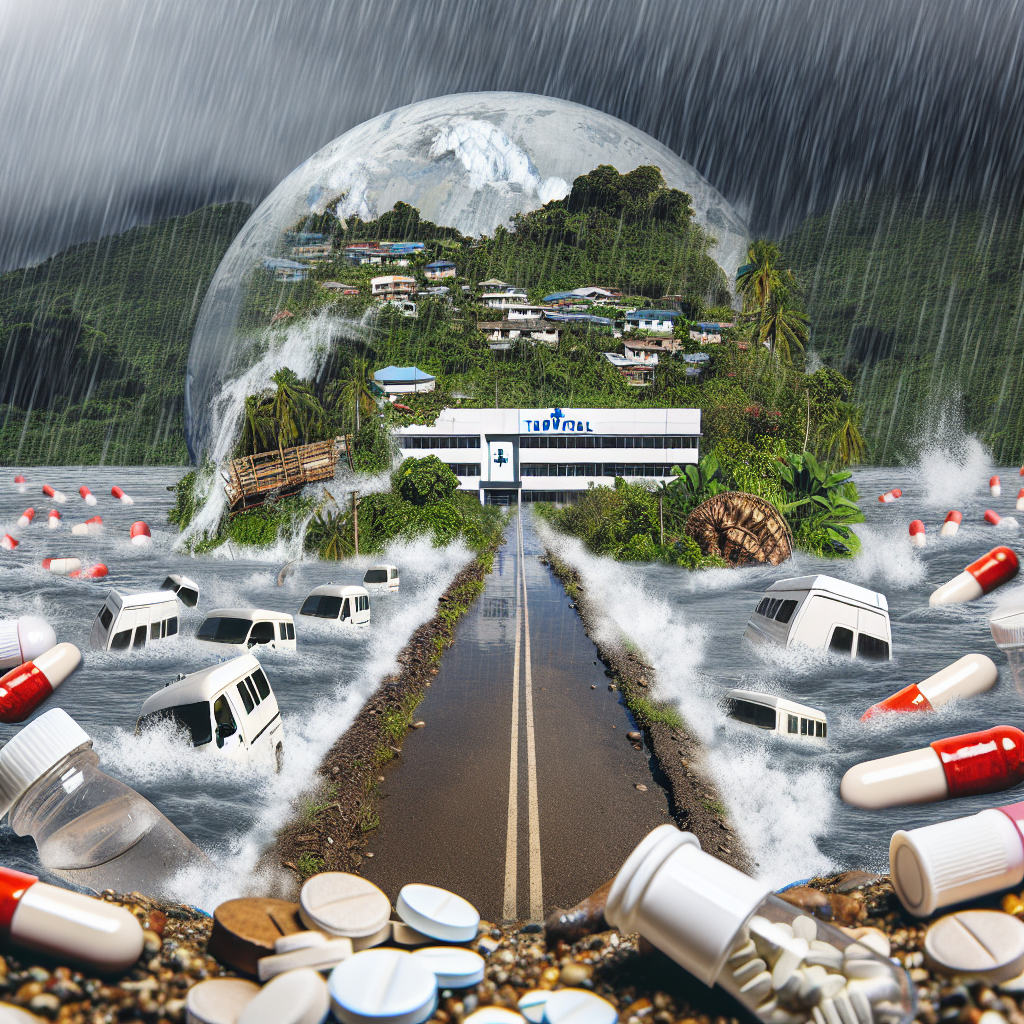According to Dr. Paula Seal, a healthcare provider at the HIV Outpatient Clinic at the University Medical Center New Orleans, not taking medications can pose a high risk for people living with HIV. This includes stopping antiretroviral therapy (ART) or running out of medication, which can cause an increase in viral load over time. The length of time for this to happen varies for each individual, depending on when they were diagnosed with HIV.
Dr. Seal emphasizes the importance of patients staying on their medication to avoid complications. She explains that when patients run out of medication, they may start skipping doses to make it last longer, which can lead to the virus becoming resistant to the medication. To mitigate these risks, Dr. Seal and other healthcare providers follow a hurricane preparedness protocol. This includes talking to patients before hurricane season and urging them to refill their prescriptions. In some cases, insurance may cover up to 90 days of medication, which can last through a hurricane season. Dr. Seal also provides patients with contact information for pharmacies in case of emergencies.
In October, the Biden administration updated its guidelines for providers treating people with HIV who have been displaced due to disasters. This is important because these providers may not have expertise in treating HIV, and the new guidelines provide guidance on how to assess and prescribe medication for new patients who may have disruptions in their care. According to Norris, this is a complex process, and it is commendable that the guidelines were released in a timely manner.
One way to make the Ryan White Program more flexible is by having its services follow the enrolled patients, suggests Chanthala. Currently, patients at Ryan White clinics have access to wrap-around services such as transportation and housing assistance. However, if they are forced to evacuate, they lose these supports. Chanthala believes that providing funds directly to patients in disaster situations could help, as they may need assistance with basic needs like food and shelter, which can impact their ability to adhere to their medication regimen.
In conclusion, it is crucial for people living with HIV to stay on their medication to avoid complications. Healthcare providers like Dr. Seal stress the importance of adhering to medication and have protocols in place to help patients during disasters. The recent updates to guidelines for treating displaced patients with HIV are also a step in the right direction. However, there is room for improvement, such as making the Ryan White Program more flexible and providing direct funds to patients in need during disasters. By addressing these issues, we can better support people living with HIV during difficult times.

